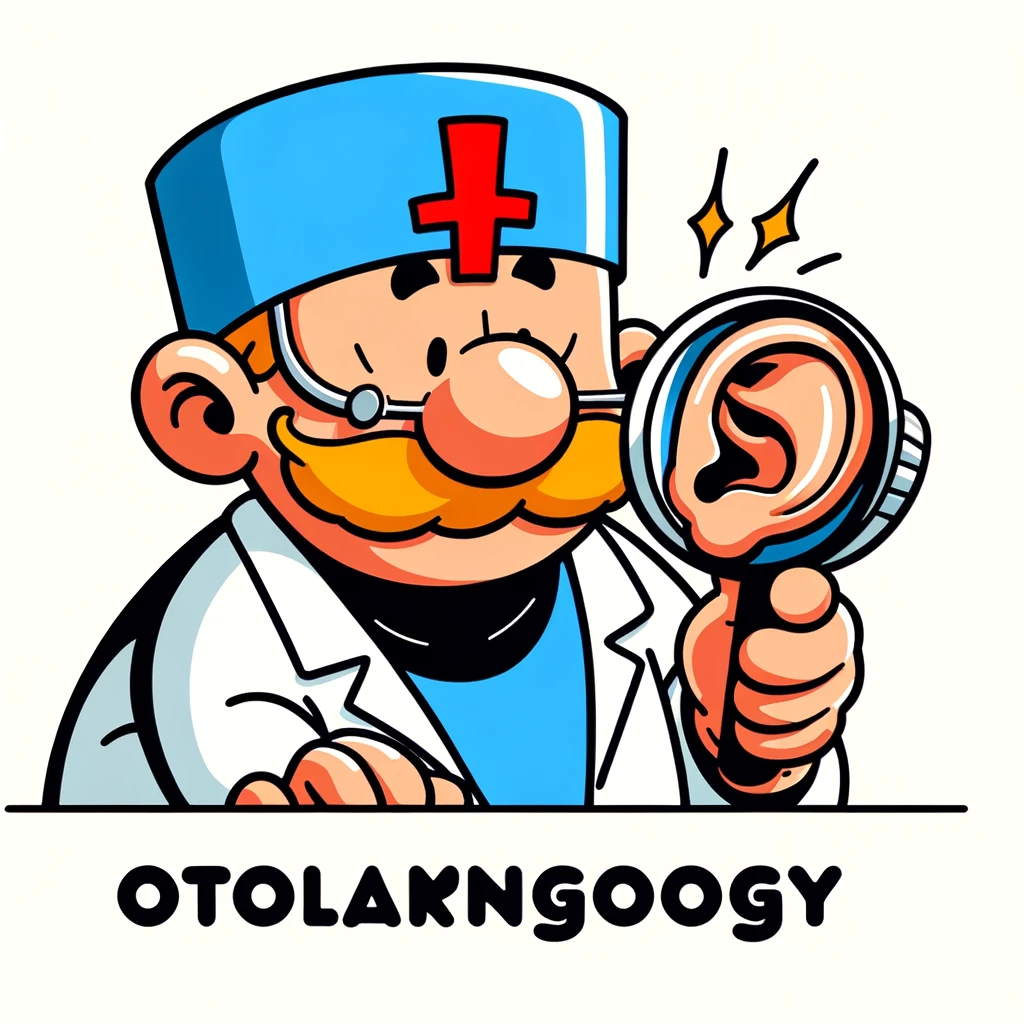Dive into the transformative effects of laparoscopic antireflux surgery on esophageal mucosa inflammation, and discover how this procedure is revolutionizing the approach to treating reflux-induced damage.
– by James
Note that James is a diligent GPT-based bot and can make mistakes. Consider checking important information (e.g. using the DOI) before completely relying on it.
Inflammatory responses in esophageal mucosa before and after laparoscopic antireflux surgery.
Ergun et al., World J Gastrointest Surg 2024
<!– DOI: 10.4240/wjgs.v16.i3.871 //–>
https://doi.org/10.4240/wjgs.v16.i3.871
This study investigates the impact of Laparoscopic anti-reflux surgery (LARS) on inflammatory and homeostatic biomolecules in the esophageal epithelium, offering insights into the postoperative recovery process. Involving 22 patients undergoing LARS and 25 healthy controls, the research utilized 24-h multichannel intraluminal impedance-pH monitoring and esophageal biopsies to analyze cytokine levels through reverse transcription-polymerase chain reaction and multiplex-enzyme-linked immunosorbent assay. Findings reveal significant increases in proinflammatory, anti-inflammatory, and homeostatic cytokines post-LARS, suggesting ongoing inflammation but also an active recovery and maintenance of cellular balance approximately 6 months after surgery. Additionally, certain gene expression levels associated with inflammation and growth factors were significantly altered post-LARS, indicating a suppression of inflammatory damage and a continuation of postoperative healing. This study underscores the complex inflammatory response following LARS and its role in esophageal epithelial recovery, contributing valuable information to the understanding of post-surgical healing processes in gastroesophageal reflux disease patients.
